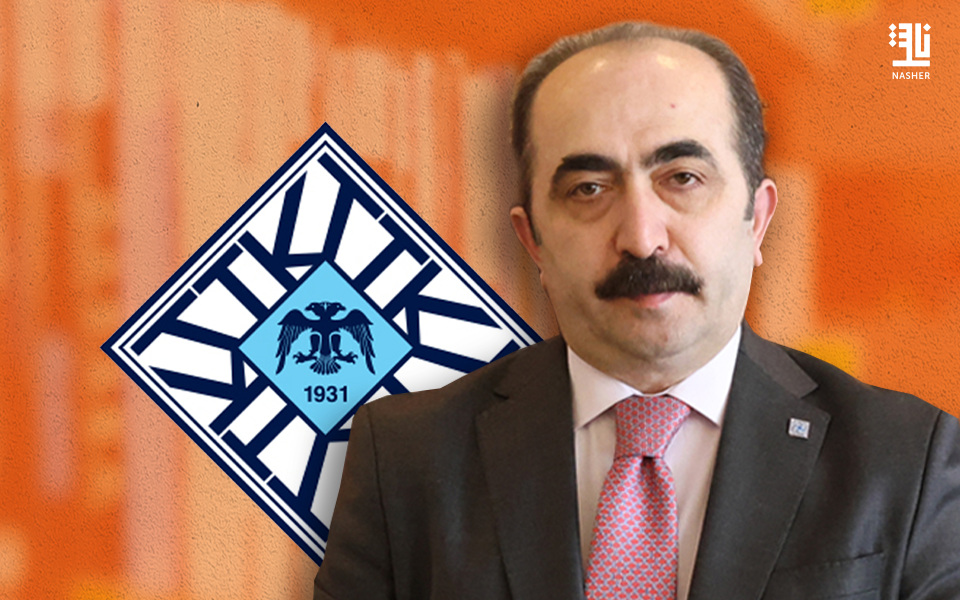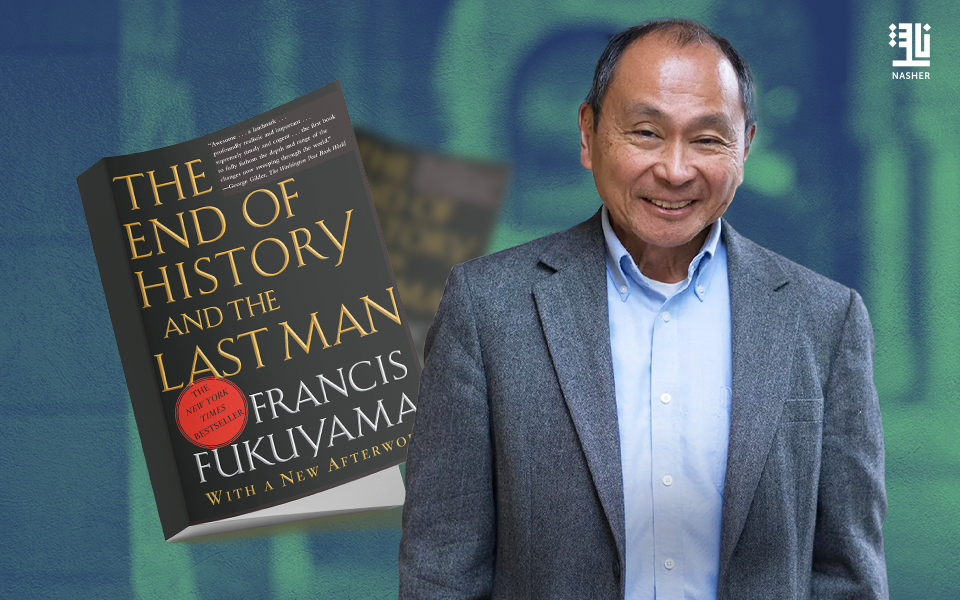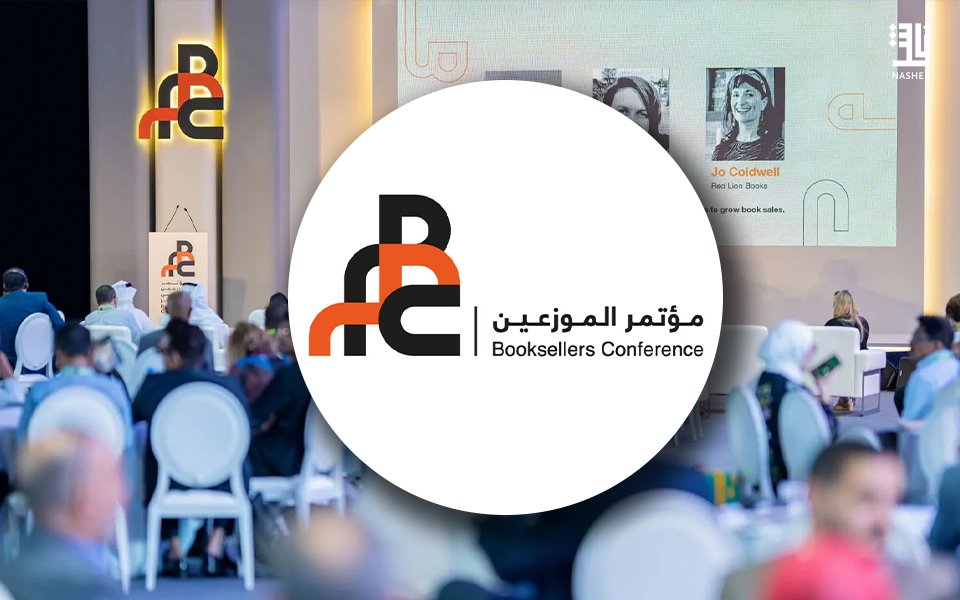Despite their different general and private concerns, Arab and Western poetesses voice similar sadness in their poetic verses.
On the occasion of the annual International Poetry Day falling on March 21, we remember a variety of Arab and Western poetesses who wrote exquisite verses, still alive in the memory of global poetry.
Modern Arab poetesses were primarily concerned with homelands, heritage, male-dominated societies while racial discrimination, feminism, nature, and market and capital dominance were on the top of the heads of Western poetesses.
For Palestinian poetess Fadwa Touqan, who died in 2003, successive setbacks in the Palestinian history were visible in her verses. She highlighted the dissolution of the Ottoman Empire, the British occupation of the remainder of her homeland, later occupied by the zionists.
Distancing herself from novels into free-styled prose poetry, Syrian writer Ghada Al Samman was bold and rebellious enough to focus, in a distinctive expressive style, on the tragedies of alienation, her deep belief in freedom against any subjugation or intellectual influence, and liberating Arabs from backward thinking.
Similar audacity was visible in the verses of the Egyptian poetess Gamila El Alaily, who died in 1991, and is considered one of the first Egyptian poetesses to express their emotional feelings vividly. Reformist ideas, values, ethics and motherhood were integral to her poems.
Contrary to this boldness, poems of pioneer Emirati Nabati poetry, Ousha bint Khalifa Al Suwaidi, nicknamed the Arab Girl, who died in 2018, were characterised by praising Prophet Muhammad Messenger of Allah (pbuh), Islamism, values of originality, and heritage, written in balanced and rhyming verses and sober and simple Arabic words.
In the West, public concerns of poetesses differed, as Canadian novelist and poetess Margaret Atwood highlighted, in modern poetic narrative techniques, the exploitation of women, their human experiences and their strong and independent personalities, social justice, environmental issues, beginnings and ends, aging, and remembrance of the past.
For Irish poetess Eleanor Hooker, environmental issues were equally important. Her poems were like the poet’s mother/raven, and father/fish motif, borne through sea and soil, water and bird, written in elegant and familiar words.
Unlike Eleanor’s passion for the sea and water, Italian Poetess Maria Grazia Calandrone was eager about mankind. For her, efficacy of poetry lies in moving to other places, knowing the truth of present Western modern societies, crushed under the emptiness of the political situation, and market and dominance, which victimised many humans because of its hidden dictatorship.
In Maria’s opinion, lovers pose a threat to capitalism, profits and losses, and market movement. They rebel against all their beliefs and concepts.
As for the American poet, writer and civil rights activist Maya Angelou, racial discrimination against black Americans was her main concern. Her poem, On the Pulse of Morning, is one of her most important and famous works that she recited at the presidential inauguration former US president Bill Clinton.
African American Maya, who died in 2014, suffered from the impact of racial intolerance and discrimination in the city of Arkansas. Her poems were a reflection of the richness of black American dialogue and sentiments, defended African-American culture, and fought negative stereotypes.
Yet, despite all those differences among Arab and Western poetesses, sadness, pain, separation and loss remain a common denominator of all their verses, which describe the compassionate feelings of losing a father or a husband, or the cruelty and mistreatment of the family, or low educational attainment; all written in eloquent and romantic words contemplating existence, self and the world.







